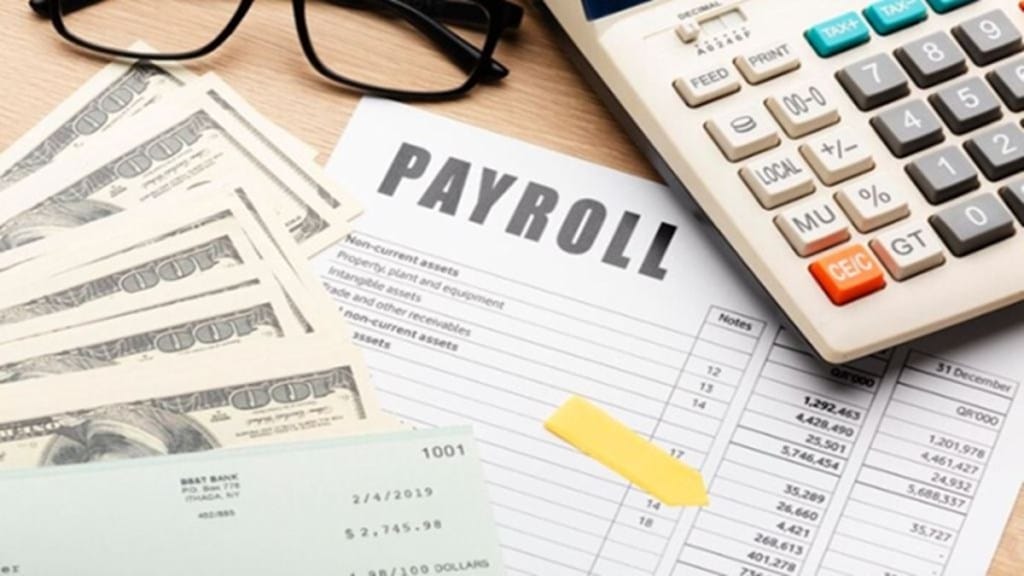The year 2025 saw some notable changes in monetary and policy-related changes for central government employees and pensioners. These include the Unified Pension Scheme (UPS) roll-out, DA/DR (dearness allowance/dearness relief) increases, dress allowance hike and easier pension process.
Let’s explore these 5 major changes in simple terms and how they will affect both employees’ pockets and their future.
1. New Unified Pension Scheme (UPS) roll-out
For many years, central government employees, except those in the armed forces, have been covered under the National Pension System (NPS). The NPS replaced the Old Pension Scheme (OPS) in 2004 for central government employees. Under NPS, the government made the post-retirement income market-dependent.
In April 2025, the government introduced a new option — the Unified Pension Scheme (UPS), which combines many of NPS and OPS features.
Under this new scheme, if an employee completes 25 years of service, they will receive a pension of 50% of their average basic salary for the last 12 months. The pensionable service period is, however, fixed at 10 years. A minimum monthly pension of Rs 10,000 is guaranteed under UPS to eligible employees who complete at least 10 years of qualifying service.
If the service period is more than 10 years but less than 25 years, the pension will be fixed on a pro-rata basis.
Since the UPS has been launched as an option under the NPS, employees opting for the new scheme will be given “one-time one-way” chance to switch back to the NPS.
The launch of the UPS has been one of the major developments for central government employees, who were demanding the reinstatement of the OPS, which guaranteed a fixed pension for them.
2. Increase in Dearness Allowance (DA) and Dearness Relief (DR)
The central government hiked the DA/DR twice in 2025 – 2% raise for January-June and 3% hike for the July-December period. After the latest hike, the DA currently stands at 58%. This will benefit millions of employees and retired pensioners.
3. Retirement process improvements
Government employees often complained that it took months for their Pension Pass Orders (PPOs) to arrive after retirement.
The government has now improved this process. The Department of Pension & Pensioners’ Welfare (DOPPW) has directed all departments to prepare employees’ files 12–15 months before their retirement.
The benefit of this will be that pension, gratuity, and other dues will begin accruing from the day of retirement.
This change will provide relief from financial hardship to thousands of employees.
4. Dress allowance will now be paid pro-rata, i.e., according to service period
Previously, dress allowance was paid once a year as a fixed amount, even if the employee retired mid-year. The new rule now states that if an employee retires mid-year, they will receive dress allowance on a pro-rata basis — that is, in proportion to the number of months served.
This change may seem small, but it is significant for the thousands of employees who retire between June and September every year.
5. Improvements to gratuity and lump-sum amount
The government has also improved the rules regarding gratuity, i.e., the lump sum payment received upon retirement. Now, both gratuity and lump-sum payments will be available together under UPS. Previously, employees with NPS received this benefit in a limited form, but now the government has improved UPS to provide better financial security to employees at the time of retirement.
Why are these changes necessary?
All these reforms serve the same purpose: To ensure stable, assured, and timely income for central government employees after retirement. Now, employees must make decisions based on their service period and retirement plans. For those considering early retirement, it has become even more important to know their pension, gratuity, and allowances.
Summing up…
These changes for 2025 could prove to be a game-changer for government employees.
While the new Unified Pension Scheme (UPS) is a step towards providing fixed benefits, the DA, PPO, and gratuity reforms will make retirement financially easier.
Overall, the government has tried to ensure that those who have served the country for years can enjoy a respectable and secure life even after their service.


